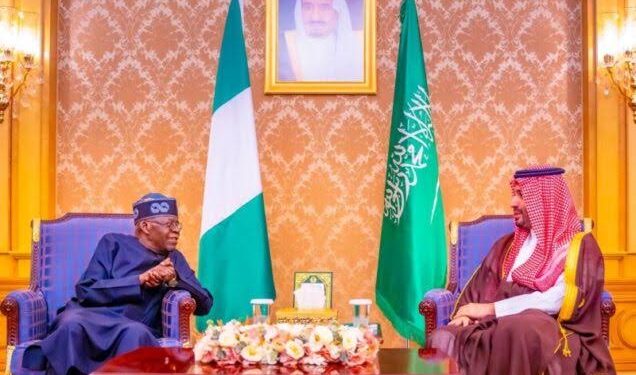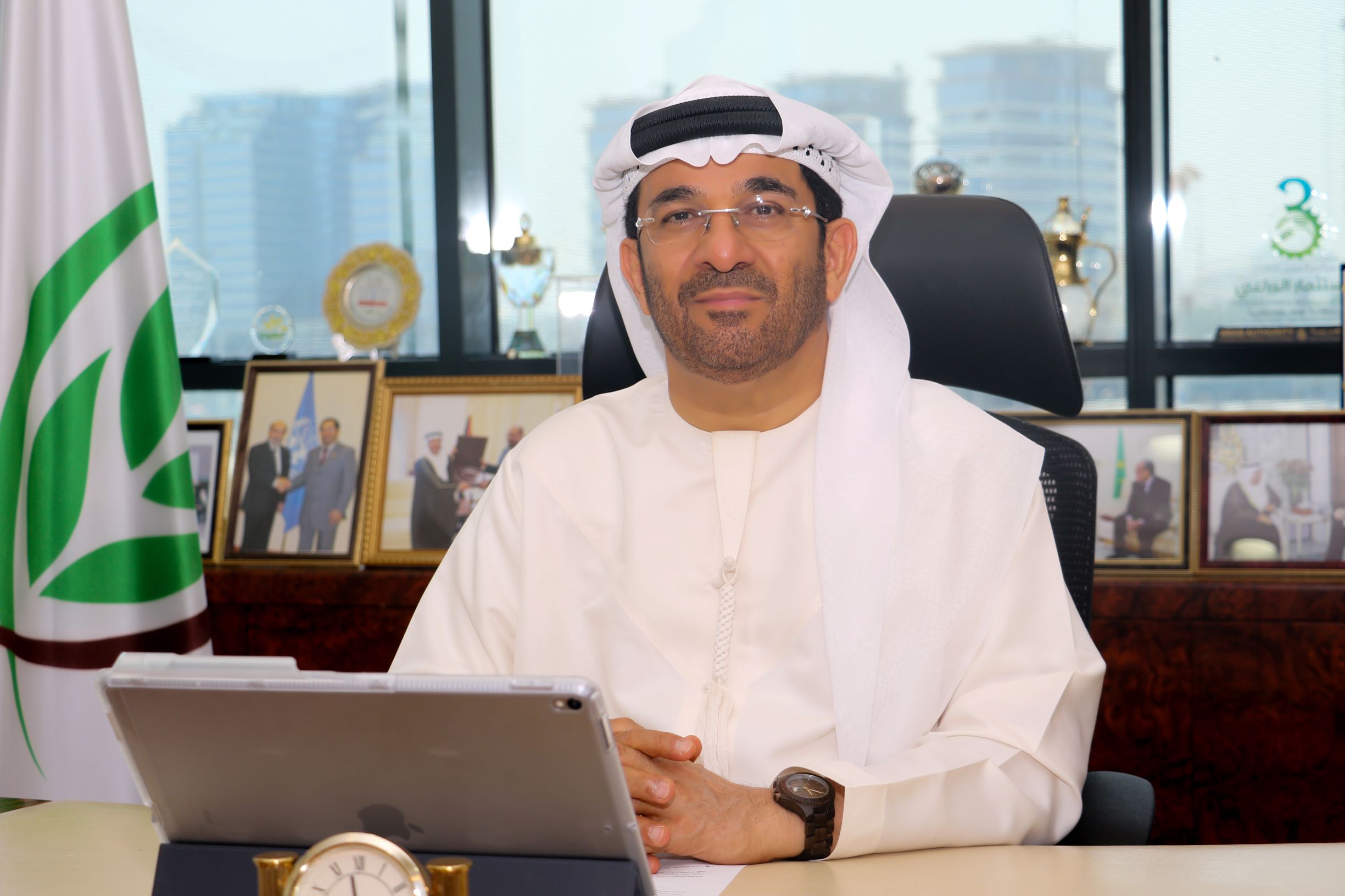Nigeria is in negotiations with Saudi Arabia for a $5 billion trade facility aimed at supporting the country’s economic reform agenda. The discussions were highlighted during President Bola Tinubu’s meeting with Crown Prince Mohammed bin Salman in Riyadh, which took place at the joint Arab-Islamic Summit. Although the details of the agreement are still under wraps, the Nigerian presidency underscored that the facility is crucial for strengthening Nigeria’s capital base to drive its economic reforms.
The trade relationship between Nigeria and Saudi Arabia has been growing steadily, with Nigeria exporting $661 million worth of goods, primarily crude petroleum, to Saudi Arabia in 2022. In return, Saudi Arabia exported $673 million worth of products to Nigeria, including refined petroleum and polymers.
As part of the ongoing discussions, both nations have explored several areas for cooperation. These include oil and gas, agriculture, infrastructure, and the establishment of a Saudi-Nigeria Business Council. The creation of this council, which had previously been discontinued during the administration of former President Muhammadu Buhari, is expected to strengthen bilateral relations between the two countries further and open new avenues for investment.
The Nigerian government has been working towards this deal for over a year, beginning with the formation of the Saudi-Nigeria Business Council. Abubakar Atiku Bagudu, Nigeria’s Budget and Economic Planning Minister, expressed confidence that the deal would lead to significant inflows of investment from Saudi Arabia, especially in critical sectors such as energy, technology, and telecommunications.
In addition to trade and investment, the two countries are keen on exploring opportunities to collaborate on agricultural development. Nigeria’s growing agricultural sector has become a focal point for international investors, with the federal government working to harness the full potential of its agricultural resources. The Saudi-Nigeria Business Council is expected to play a key role in facilitating investment in these sectors.
This trade facility forms part of a broader push by the Nigerian government to secure foreign investments. Recently, President Tinubu announced that Nigeria had secured over $30 billion in foreign direct investment, which underscores the country’s commitment to attracting global capital.
Beyond economic cooperation, President Tinubu’s visit to Saudi Arabia also addressed the broader geopolitical landscape, particularly the ongoing conflict in Palestine. President Tinubu condemned the humanitarian crisis in Gaza, calling for an immediate ceasefire and reaffirming Nigeria’s support for a two-state solution that promotes peaceful coexistence between Israelis and Palestinians.
The renewed efforts to strengthen bilateral ties with Saudi Arabia also aim to leverage both nations’ resources and influence to foster economic growth and development in Africa. This trade deal is expected to create new opportunities for Nigeria’s private sector, particularly for Micro, Small, and Medium Enterprises (MSMEs) in key sectors such as agriculture, oil and gas, and infrastructure.
As negotiations continue, the Nigerian government remains focused on ensuring that the country benefits from this deal in a way that will support its long-term economic stability and growth.










